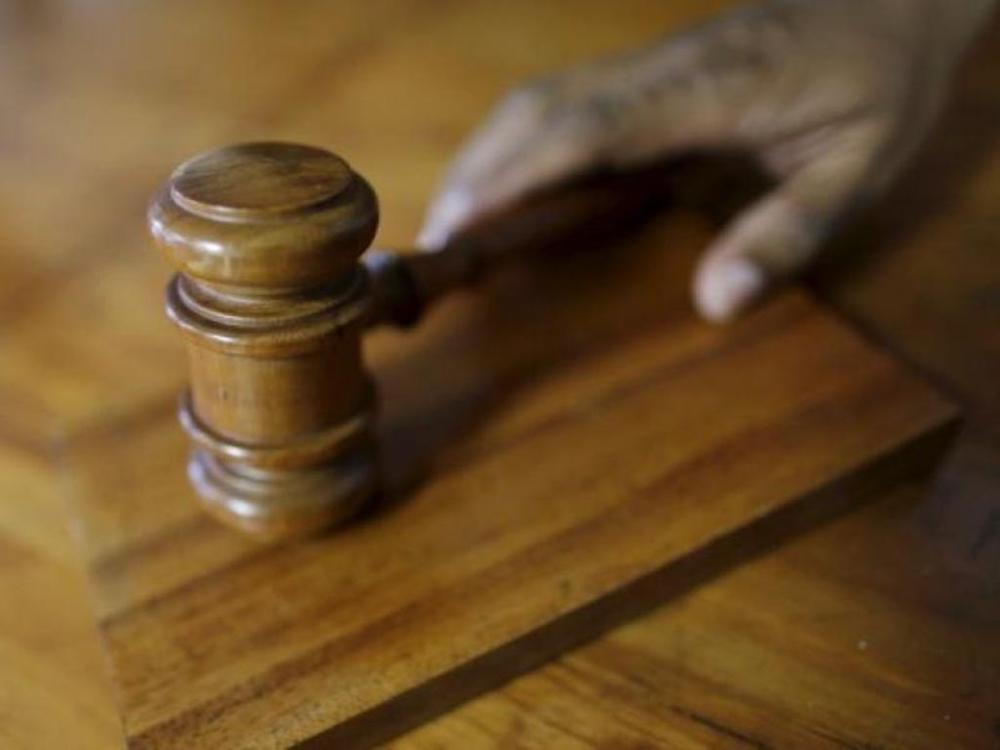DECEMBER 8 — Additional or fresh evidence is generally not allowed on appeal for a good reason. And it is simple.
A litigation, it is said, must come to an end as a matter of public policy. It is expressed in Latin as interest reipublicae ut sit finis litium (it is in the interest of the society as a whole that there be an end to litigation).
More than 80 years in the case of In Leng Lan v. SM Yesudian [1937], this policy was alluded to by Justice Aitken who remarked that “the courts are very unwilling to allow (a completed case) to be reopened for the purpose of hearing new evidence except for good and substantial cause.”
A more recent exposition of the principle can be found in the judgement of the High Court of Australia, in the case of D’Orta-Ekenaike v. Victoria Legal Aid [2005 [10] where the Australian apex court said:
“A central and pervading tenet of the judicial system is that controversies, once resolved, are not to be reopened except in a few, narrowly defined, circumstances. That tenet … prevents a party to a proceeding raising, in a new proceeding against a party to the original proceeding, a cause of action or issue that was finally decided in the original proceeding.
“Rules about when further evidence may be called in an appeal (in particular, the so-called ‘fresh evidence rule’) are all rules based on the need for finality.”
The law pertaining to adducing additional evidence in an appeal is therefore not controversial. In the Court of Appeal, it is guided by section 61 of Courts of Judicature Act 1964, where subsection (1) states that in dealing with any appeal in a criminal case “the Court of Appeal may, if it thinks additional evidence to be necessary, either take such evidence itself or direct it to be taken by the trial court.”
The power in the court to receive additional evidence looks wide. All that is required to be satisfied is that the additional evidence is necessary. However, the power is to be invoked as an exception more than a rule.
This is because an appeal must be decided on the evidence which was before the trial court. Therefore such an exceptional power must be exercised judiciously and not capriciously or arbitrarily having regards to the justice of the case. Any improper or capricious exercise of such power may lead to undesirable results.
The Court of Appeal indeed has reminded itself in the past that it “should not travel outside the record of the lower court and not take evidence in appeal. Consequently, additional or fresh evidence may only be admitted in exceptional circumstances where such evidence is essential to the just decision of the case.” ( See Dato’ Seri Anwar Ibrahim v PP [2014])

Not only must the circumstances be most exceptional, the subject which is proposed to be adduced by further evidence must also be subject to exceptional conditions. It becomes necessary only if a failure of justice would result if such additional evidence was not taken and allowed when additional facts have come to light since the date of trial.
It is entirely the discretion of the appellate court. The principles are trite and may be summarised according to the passage from the judgement of Lord Parker CJ in the English case of R v Parks [1961]:
(i) the evidence sought to be called must be evidence which was not available at the trial;
(ii) the evidence must be relevant to the issues;
(iii) it must be credible evidence in the sense of being well capable of belief; and
(iv) the Court will, after considering the evidence, go on to consider whether there might have been reasonable doubt in the minds of the jury as to the guilt of the appellant if that evidence had been given together with the other evidence at the trial.
The four conditions or requirements above are cumulative. The onerousness of meeting the conditions cumulatively reflects the public policy demand that there must be finality in litigation. Any attempt that seeks to reopen facts or issues already litigated at the trial cannot be condoned.
The reason is good and simple.
* This is the personal opinion of the writer or publication and does not necessarily represent the views of Malay Mail.





















